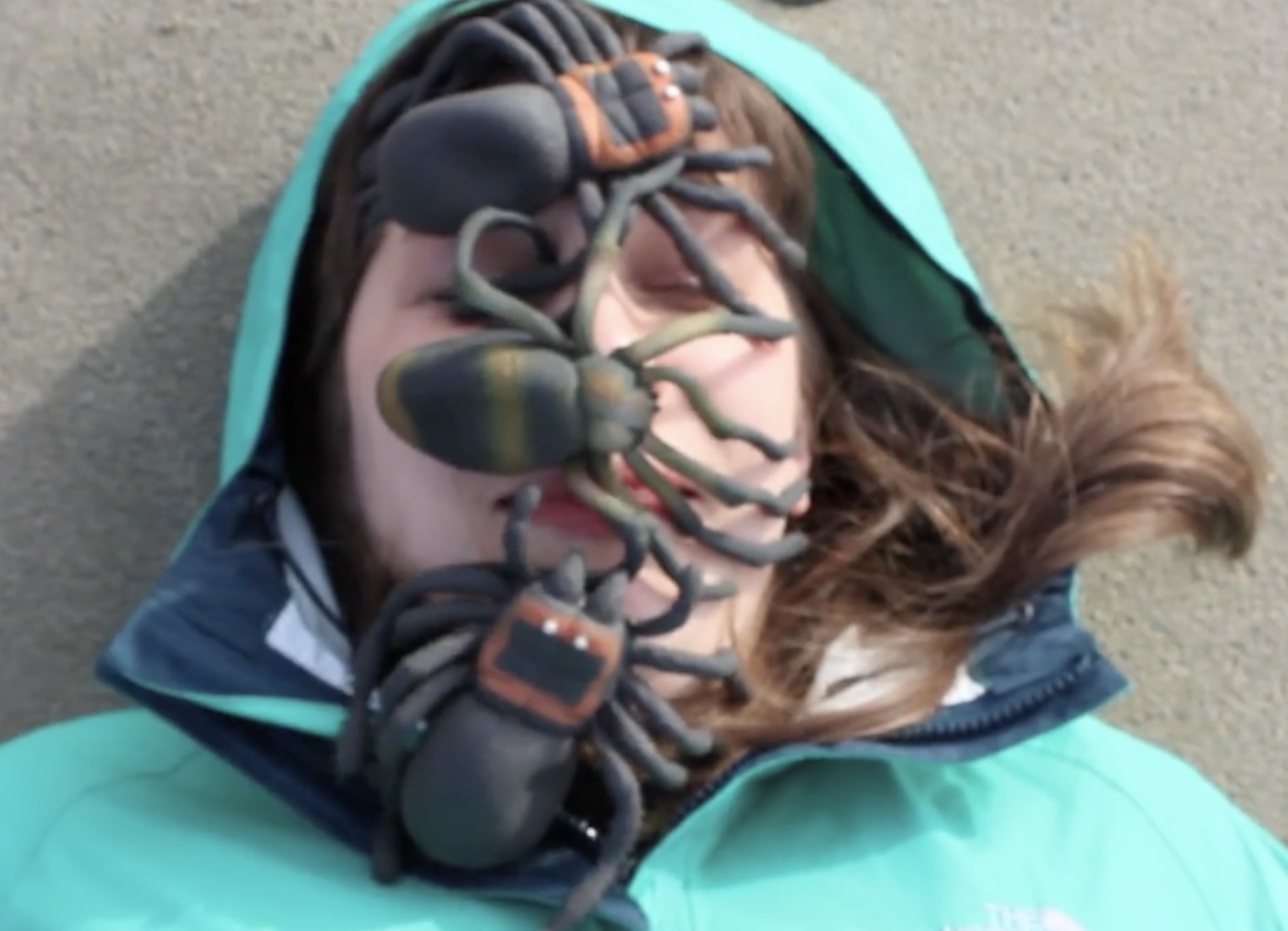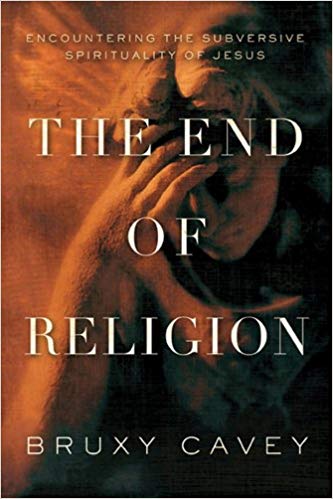
I’ve just now completed the two books: Born a Crime and Eli Wiesel’s book Night. I’ve also started a third, the Gulag Archipelago by Aleksandr Solzhenitsyn and now I’m ready, ready to be done once and for all with this foolish notion that the human race is fundamentally good. Where does this absurd idea come from? Certainly not from the pages of history. We are not good, not even close. Even in our best and most civilized moments, we are but tiny steps from great evil.
Innocence and Ignorance
Somehow in 1944 in a tiny town tucked away in northern Romania the Jew consuming death machine that was the Third Reich still managed to be mostly unknown. The reports were in, the Germans were losing the war, whatever trouble they had caused for Jews elsewhere would not happen here. Even when a survivor of the death camps stumbled into town, describing the horrors and warning all to flee, they did not listen. This is madness, not the truth they thought. When the Germans arrived, they were calm, hopeful even. After they were put in ghetto’s the positivity remained, sure this isn’t ideal, but it could be worse. At the deportations, some began to worry in earnest, but when Eli’s family was given a chance to split up and escape deportation they didn’t, they chose to be deported together. They had no idea what was before them.
From human to animal
Death camps are built in such a way that one must kill, steal, cheat, and lie just to survive. The dehumanizing pressure of such an environment is probably the worst part about it. If you are not acting like a wild animal willing to sacrifice all morality to survive you don’t make it. When his father was close to death, other inmates beat him mercilessly because he was unable to relieve himself outside. They stole the dying man’s food. A veteran prisoner pulled Eli aside and told him to stop making up for the loss of his father’s rations with his own. No sense in both dying was the thinking. Prisoners would almost gleefully anticipate the death of another inmate, and in some cases, they would help it along especially if there was bread or boots to be gained. There was no friendship in the camps, only shaky alliances, violence and betrayal. On the final cattle car ride before liberation, German civilians would throw bread into the cars and watch with sickening pleasure battles to the death for these tiny morsels of food.
Guilt
Eli was with his father when he died, sort of. He was two bunks away when the S.S. guard was beating his dad to death. Eli’s dad called desperately for his son to be at his side, but Eli remained in his bunk, he had neither the strength nor the courage to endure the blows that would be his if he came. The enduring guilt springing from this circumstance and hundreds of others just like it are infinitely worse than any suffering caused by the boot or cudgel of a prison guard.
The tragedy of loyalty
By 1944 the war was for all practical purposes over. Why all of this German effort to capture and kill more Jews? Even as the Red Army in the East had the German army in full retreat, those in charge of the prison camps doggedly followed their orders, to get their prisoners back to Germany. They were death camps for crying out loud! What would it matter to abandon them? Germans left guns on the field of battle as they fled, but they would not leave their Jews behind! The forced retreat in the winter of 1945 left extinguished the lives of thousands of inmates. Cattle car retreats with one-hundred prisoners per car were even more deadly. Of the 100 in Eli’s car, only 12 remained alive to touch the German soil. It’s good to take orders and obey, but it’s even better to consider what those orders are and let the higher moral power of divinity determine whether you should abide by them or not. Blind loyalty to any human will always be a massive mistake.
The Moral responsibility to step in and speak up.
Eli Weisel’s big message is to speak up and step in when the abuse of humans is happening. Borders, customs, convictions, or religious dogma should not prevent any country that has a conscience from doing whatever they can to stop abuse wherever they find it. Admittedly, this is complicated. Would it be okay to start a regional war, or perhaps even another world war to stop a genocide going on in one country?
Remembering helps keep away the darkness.
Eli’s other big message is to remember. If we keep the wickedness and horror of past sins regularly before us, we won’t be able to forget them as quickly. It’s in the forgetting that evil reinvents itself.
If my worldview allows me to decrease the value of humans, I need to throw it out.
Hitler referred to the Jews as rats, Lenin referred to anyone who disagreed with him as insects. American propagandists categorized the Japanese as sub-human how else could they proceed with the firestorm bombings and finally the atomic bomb? Horrific acts always require some system of justification before they can be successfully carried out. There is no better system of justification than to believe that the people one crushes are not really human. A beetle squashed beneath my shoe is one thing a human quite another. Whatever worldview or decision making process one embraces, it is only good to the degree that it values human life.
What can be done about our black hearts?
Weisel does not speak to this. We can remember the Holocaust and vow never to repeat it, we can step in as best we can and help the one who is abused, but what of our own wickedness? What about the blackness that is lodged in everyone’s heart? As long as that remains so to will be the possibility of great atrocity. Its the little daily cruelties that reveal who we are, the middle finger, the honk, the passive aggressive comment, the guilt trip, the rolling of the eyes, the condescension and the cursing under one’s breath at the incompetence of another. All of this is dry kindling. The match to set it off is a clever leader who packages hate just well enough. His remarks spark the smouldering hatred inside all of us and soon the forest burns again. This danger is real, and what blinds us to it more than all else is the conviction that we are all good — we are not.



